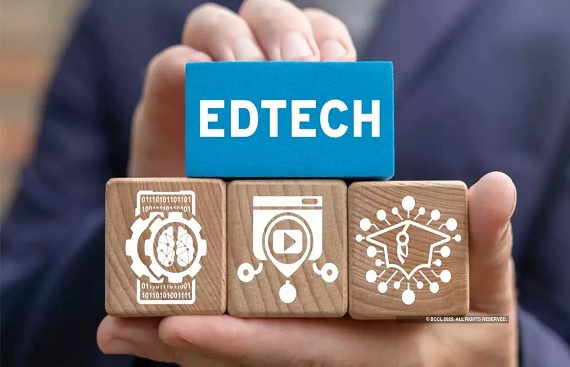Budget 2025: Ed-Tech Industry Calls for Accessibility, Innovation, and Policy Reforms
By
siliconindia | Wednesday, 22 January 2025, 22:48 Hrs

As India prepares for the Union Budget 2025-26, the ed-tech sector has outlined its expectations for transformative policies to drive innovation, enhance accessibility, and position the country as a global education hub. Industry leaders have called for increased investments in digital infrastructure, tax incentives for research, and greater collaboration between the public and private sectors.
Vinay Singh, Executive Director & CEO of Thomson Digital and Q&I, spoke about how technology can revolutionize education. "Technology can improve accessibility, allow for personalized learning, and help with upskilling", he said, calling on the government to spend more in less-advantaged regions. Singh also suggested tax breaks for EdTech research and subsidies for institutions using digital tools. He asserted that partnerships can help to bring the promise of advanced technologies to the classroom, including AI, AR/VR, and adaptive learning.
Sujatha Kshirsagar, president of Career Launcher, said education budget needs to be increased to 5% of GDP. She also stated that the Amrit Kaal vision requires more investment in STEM research and innovation and subsidies for international students studying in India. "Collaboration between the Centre and States needs to be enhanced so that quality education is accessible equitably", she said. Grants and policies must be provided for digital education and skill development, she added.
Waseem Javed, Founder & CEO of EduVib, highlighted the growing aspirations of Indian students pursuing international education. “With over 13.35 lakh Indian students studying abroad in 2024, simplifying processes and increasing financial support is vital,” Javed noted. He stressed the importance of fostering global education opportunities and strengthening India's role in international education mobility.
The ed-tech industry leaders are optimistic about reforms that could make 2025 a landmark year for Indian education. They hope the government will prioritize accessibility, innovation, and collaboration to meet the evolving demands of students and educators.
